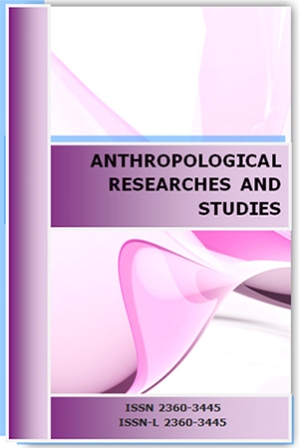THE CULTURE OF CHILDHOOD IN TRADITIONAL ROMANIAN SOCIETY
THE CULTURE OF CHILDHOOD IN TRADITIONAL ROMANIAN SOCIETY
Author(s): Corina Pantelimon BistriceanuSubject(s): Anthropology, Psychology, Structuralism and Post-Structuralism, Rural and urban sociology
Published by: Institutul de Antropologie ,,Francisc I. Rainer” al Academiei Române
Keywords: child; childhood; family; culture; adoptive age;
Summary/Abstract: Objectives. Childhood and children has been the subject of research in anthropology, sociology and psychology only for a short while; previously, they were rather the object of attention of doctors, pedagogues, childcare workers. The approach of this area of study in the social sciences is conducted either in the form of research on children (including here the anthropological structuralist perspective) or, more recently, within a type of research with children, in which research data are the perceptions and definitions of children, their participation and decisions in social life. Material and methods. This paper is a structuralist investigation. According to the ethnographic data of Romanian researchers, childhood, through rites of passage or other types of social thresholds of other ages, is not only a separate stage, but also a way of social existence and a self-culture. Results. In the traditional Romanian society, children are not developing adults, but social actors and generators of culture with specific ways of expression and particular types of activity and statutes, both in the family and in the community space, or in the mythical universe. Conclusions. Correct knowledge of childhood culture and its comparison with the stereotypes that adults have about children and childhood can support solving certain problems pertaining to the subject of generational interdependence.
Journal: Anthropological Researches and Studies
- Issue Year: 2020
- Issue No: 10
- Page Range: 180-192
- Page Count: 13
- Language: English

